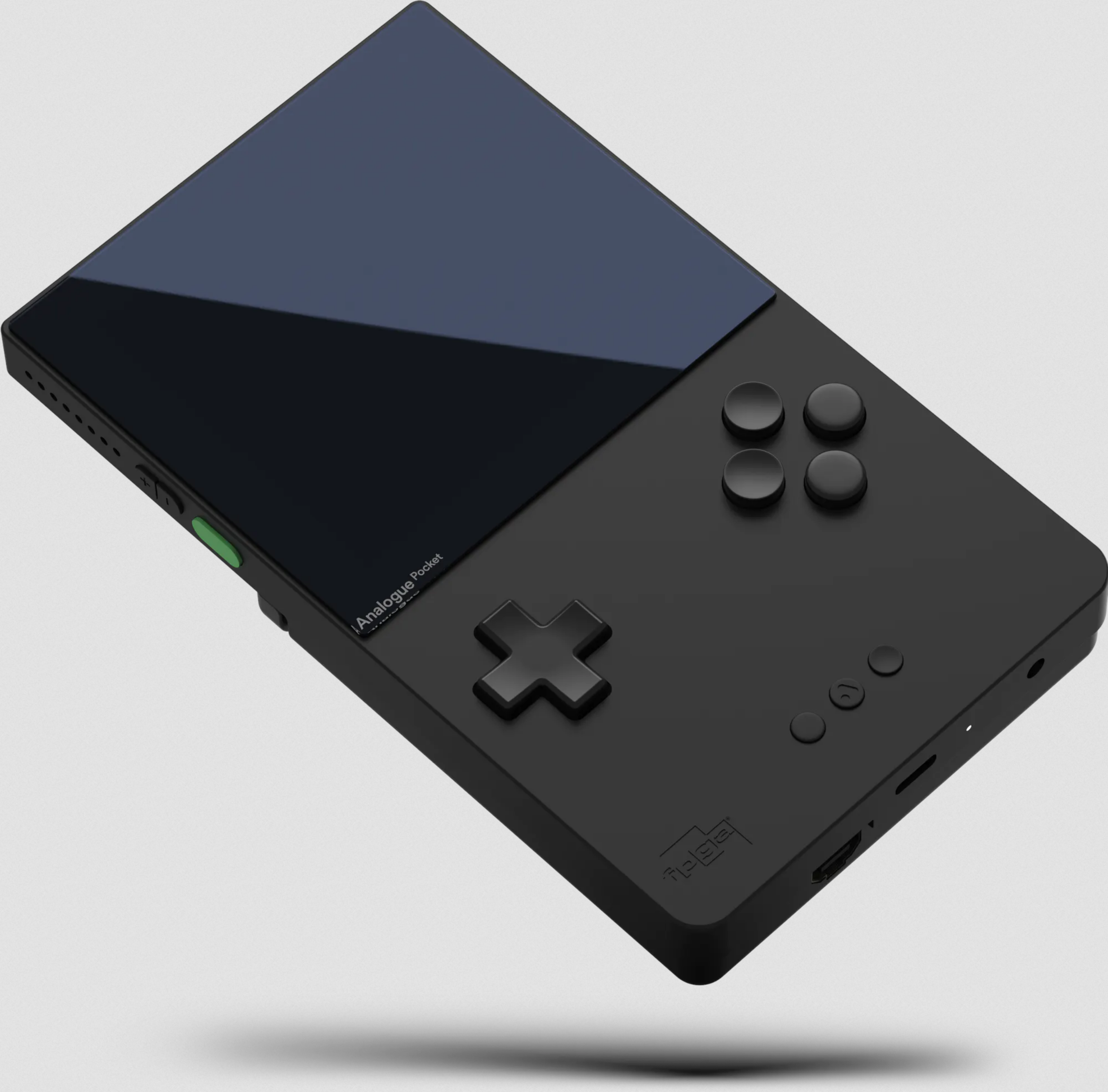The Retro Gaming Revival
Can retro devices appeal to the masses?
Nostalgia has always been a driving force in pretty much any form of media. Movies get rebooted or adapted, music gets new renditions, fashion goes in cycles with modernized twists but retain the aesthetic of yesteryear. Some of it works out great, others, not so much. Sure, there’s also the rose tinted glasses phenomenon of “back in my day” music was better, movies were better, yada yada. The difference, however, is that generational music, TV, & film has been digitized and made relatively easily accessible. I literally just pulled up a 1920’s swing playlist, and it sounds great. Remastering old media has worked out great for those looking to go back in time.
When it comes to gaming, however, things start to get complicated. Technology has made video gaming accessible to more people than ever, but at the same time, the interactive nature of games makes it challenging to quickly access an old library, unless you have kept the physical consoles and games. Even then, TV technology has advanced so much that you would need adapters or an upscaler, just to connect an old PS1 or SNES to your modern television. Some game studios have tried remedying this by porting over old games on to new consoles. Game streaming might provide a solution to this, but then you deal with latency that exists in all digital form of media (ever notice how there’s a half second delay when you tap on skip in Spotify or when you scrub through your Netflix show?), and it can be jarring enough to mess with the experience.
Custom built retro gaming devices and DIY kits have surfaced over the years as millennials (like myself) have entered the workforce, but none to any sort of mainstream success. The raspberry pi has fulfilled many an enthusiasts needs for portable form factor emulation and retro gaming, being a popular choice in the aforementioned DIY kits. Still, this hasn’t detracted people from trying, most recently in the form of Analogue’s Pocket and Retroid. While the Retroid devices are open source Android based devices (meaning you’re on your own as far as ROMs for the device go), Analogue’s solution is an interesting one, and not just because of it’s price (we’ll get to that in a minute). They’ve taken a from the ground up approach, building a device that will natively accept your old Gameboy library of all generation varieties, on top of some other fun stuff like doubling as a synth and sequencer, which of course piqued my interest. Pre-orders sold out in minutes, even at it’s relatively steep $200 price tag.
Analogue Pocket is the latest device in the revival of retro gaming handhelds.
However it’s not the first time a custom built retro handheld has captured the attention of gamers. Many a kickstarter in the past have attempted to bring this format back, to varying degrees of success, but none quite exactly hitting the mainstream. It’s still a relatively niche market, even for gaming (which is magnitudes of order larger than movie & music consumption, at least monetarily.) Yet, even Nintendo and Playstation dipped in this area, releasing digital “Classic” versions of the NES, SNES, & PS1 with preloaded officially licenses games. Still, they all sold a couple million units each which isn’t nothing, but not quite a dent in the market share when we’re talking billions. Still, Millennials and freshly work force Gen Z newcomers continue to yearn for the past. At least in the case of Millennials, we’re not starting families, having children, buying homes, certainly not at the rate of generations past. Is this the driving force for the nostalgia driven products? Maybe a yearning for our childhoods? Questions to explore on a different day.
The challenge remains that for the masses, nothing will quite replace the Nintendo Switch, as that’s where all the new game development efforts go, unless PlayStation decides to try their hand again at their own handheld this generation, which we don’t have any reason to believe this would be the case. $200 for the Analogue Pocket is steep when you can purchase a Switch Lite at that same exact price point. However, Nintendo and all console manufacturers for that matter keep their software locked up tight, so it’s not like anyone can just make an emulator and toss it up on their digital stores. So the demand for the other retro devices at least remains alive on that front. I discuss this a bit with Tim on our last podcast episode.
Making the Analgue more than just a glorified emulator device with the music features might give it the steam it’s predecessors couldn’t gather, but we’ll have to wait until May 2021 when it launches to know. I’ll probably still get it, though.


